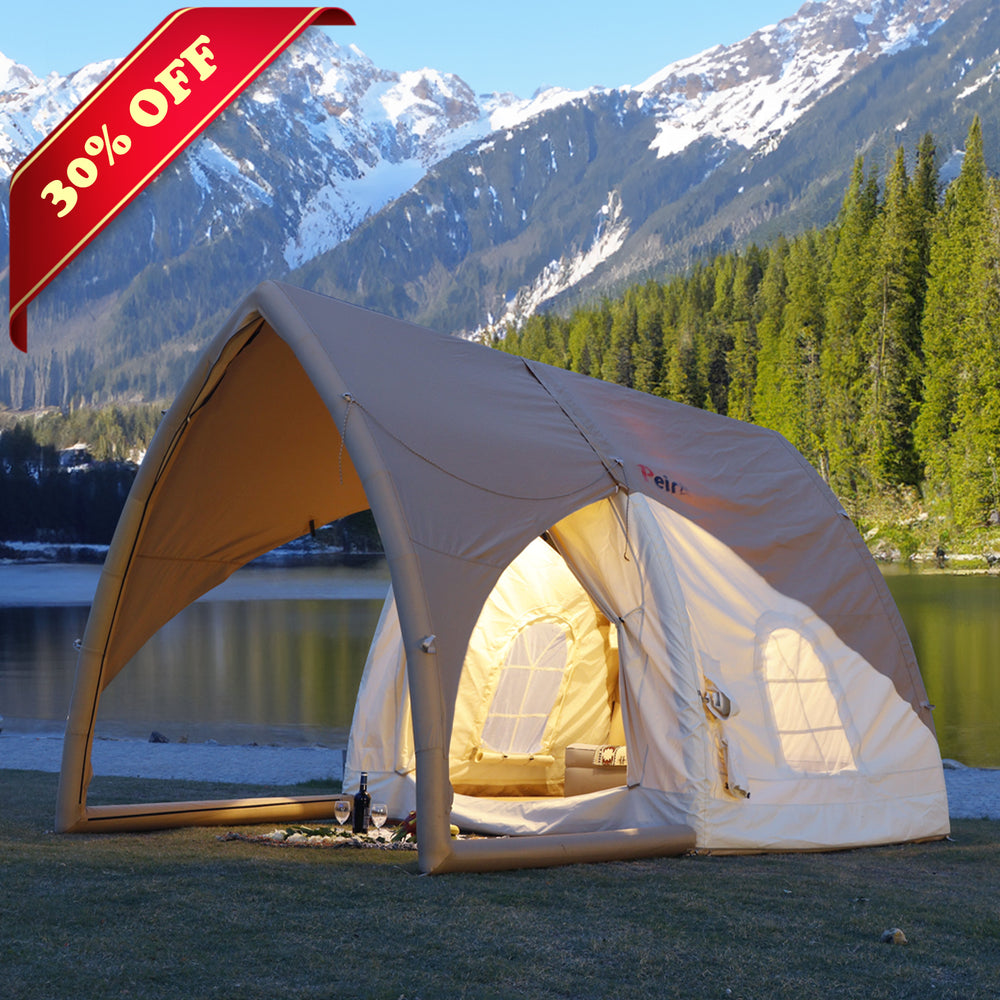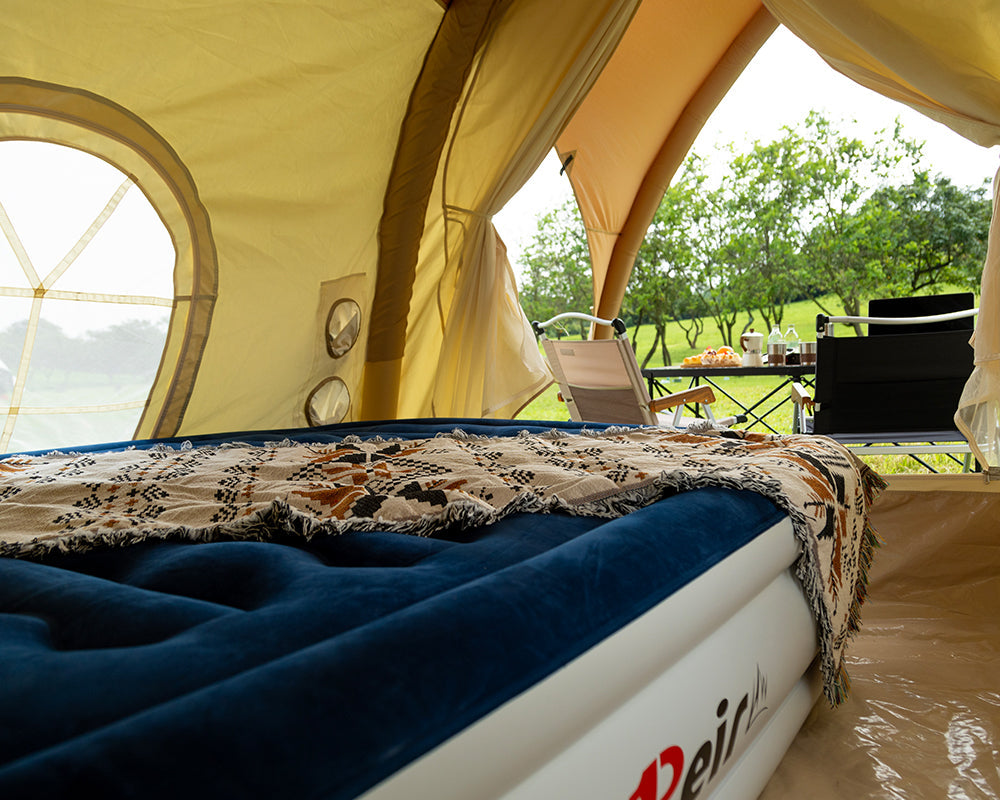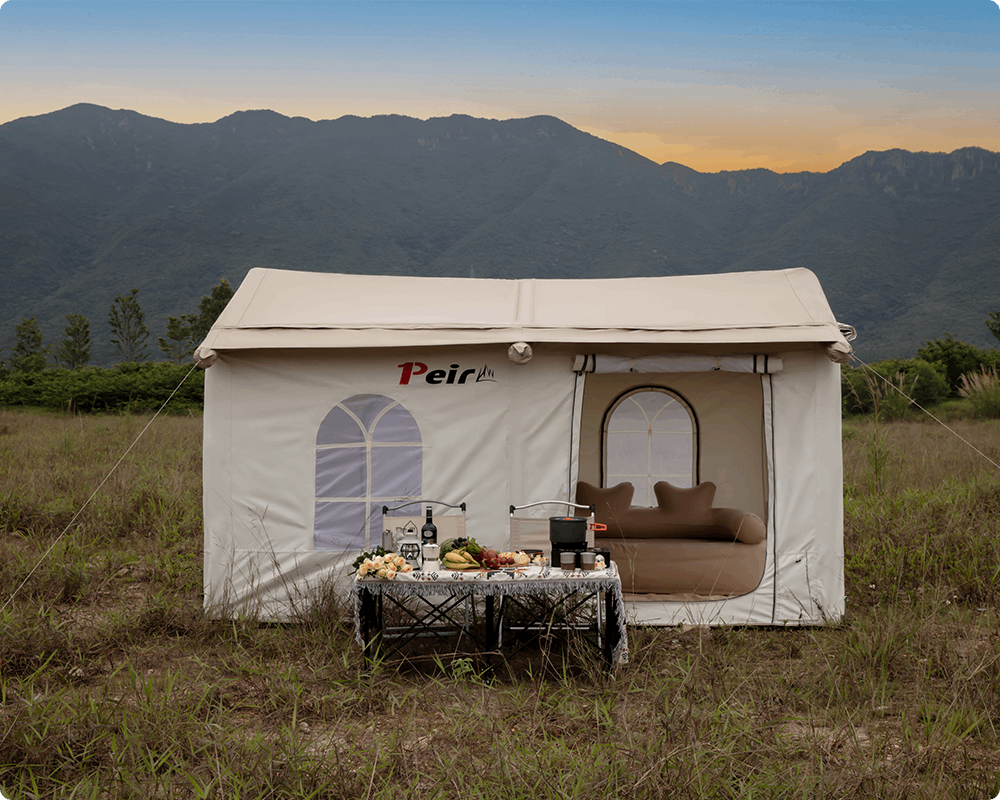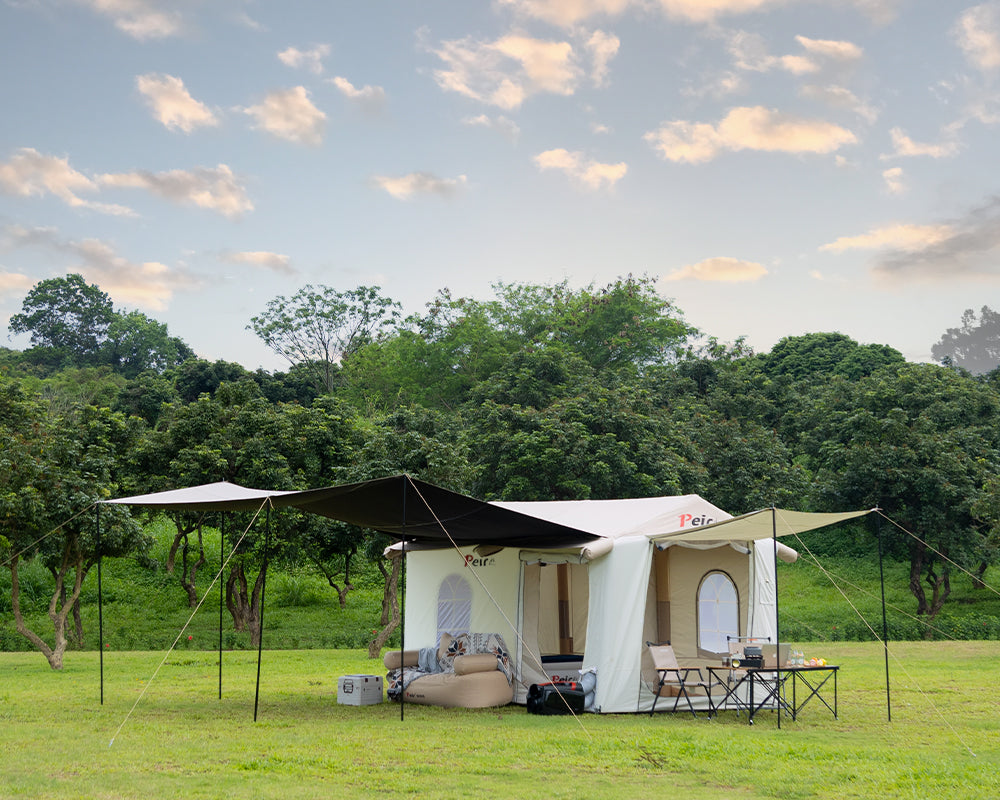To help you choose the right camping style, we’ve put together a guide that highlights the key differences between car camping and tent camping. Whether you’re a camping pro or trying it out for the first time, this guide will give you the insights you need to pick the option that best fits your comfort level, budget, and adventure goals.
If you’re planning an outdoor trip and aren’t sure whether to go for car camping or tent camping, you’re in the right place. Both styles have their own perks and challenges. This blog will walk you through everything you need to know about each option so you can make an informed decision and enjoy your camping experience to the fullest.
Pros and Cons of Car Camping
Car camping refers to a type of camping where you settle your camp beside your vehicle. The camping site can either be a designated camping ground or a more remote place where you can park your car easily, which makes camping comfortable and convenient. Let's dive into further benefits of car camping:
- Convenience: When your car is your camp, you can carry more camping gear like foldable chairs, food-filled coolers, and other portable stuff.
- Comfort: For your comfort, you can carry multiple pieces of equipment, like blankets, thicker mattresses, a portable heater, or even a fan, in the back of your car.
- Safety: Your camping car protects you from wildlife and serves as a quick escape from emergencies.
On the flip side, there are several disadvantages of car camping as well, which are listed below:
- Crowds: If you park your camping cars at designated car campsites, it can get more crowded than you can ever think especially during the peak seasons. This may disfavor your will to enjoy solitude.
- Cost: The grounds designated for car camping often come with fees, which can be an extra expense.
- Environment Impact: Cars can leave a massive carbon footprint even when they are parked somewhere in the woods. Hence, these can affect the environment when you park them as your camping gear.
Pros and Cons of Tent Camping
Traditionally, tent camping has been the more favored option for outdoor adventurers. The tent camping also includes activities like hiking to remote places. Here are some of the benefits associated with tent camping:
- Connection with Nature: If you love nature and go camping to feel connected with the elements, you should opt for tent camping instead of car camping as the former gives more immersive experience.
- Minimal Impact: If you act responsibly, you can leave the camping site with minimal environmental effects.
- Cost-Effective: With tent camping, you can clear off car camping ground charges.
However, it does come with certain drawbacks as well. Here are some of the disadvantages of tent camping:
- Physical Demand: Tent camping is physically more demanding compared to other camping options as it requires you to carry your camping gear to potentially distant places.
- Comfort: Tent camping can sometimes turn out to be uncomfortable as there are no food-filled coolers or thick mattresses.
- Safety: You are more exposed to wildlife and elements, which means compromised safety.
What should I bring car camping?
While much of your camping gear will be the same for both car camping and tent camping, there are some extra items you may want to consider when sleeping in your car:
A solar charger or rechargeable power pack. While portable chargers are nice to have when tent camping, they’re extra helpful for car camping because they will help you resist the urge to use your vehicle to charge or power electronics, which can run down the battery—leaving it dead and you stranded. (Camping tip: Bringing plenty of headlamps and battery-powered lights is another way to help you avoid draining your car battery.)
Window coverings. While a car provides safety and protection, windows don’t offer the same personal privacy that a tent does. Not only will covering the windows give you privacy, it will also help further insulate your car if you’re camping in the cold.
Recommend:
Whether you’re in a car or tent, never be without the Ten Essentials:
- Navigation—map, compass, GPS
- Headlamp (with batteries)
- Sun protection—sunscreen, sunglasses, sun hat
- First aid kit
- Knife or multi-tool
- Lighter or matches
- Emergency shelter—bivy sack
- Extra food
- Extra water
- Extra clothing
Tips for Optimizing Your Car Camping Experience
Car camping provides the perfect opportunity to enjoy the great outdoors while retaining the comforts of home. To make the most of your car camping adventure, consider these tips for optimizing your experience:
- Plan ahead: Before hitting the road, research your destination's weather conditions, available campsites, and local regulations. Make a packing list and prioritize essential items to ensure a comfortable and safe trip.
- Organize your gear: Maximize your vehicle's storage space by packing efficiently. Use storage containers, compression bags, and hanging organizers to keep your gear accessible and tidy.
- Invest in quality gear: High-quality camping gear can enhance your comfort and safety, from a sturdy tent to a reliable camp stove. Consider your needs and budget when choosing gear, and don't forget to prioritize essentials such as a first aid kit and a reliable source of light.
- Practice Leave No Trace principles:Preserve the natural beauty of your camping destination by following Leave No Trace principles, such as packing out all trash and waste, avoiding damage to vegetation, and respecting wildlife.
- Stay organized: Keep your campsite clean and organized by designating areas for cooking, eating, and sleeping. Use a tarp or ground cover to prevent damage to the campsite, and follow local regulations regarding campfire use.
- Prioritize safety: Always prioritize safety when camping. Secure your food and trash to prevent wildlife encounters, stay aware of your surroundings, and bring appropriate safety gear such as a first aid kit and a fire extinguisher.
By following these tips, you can optimize your car camping experience and enjoy the great outdoors with comfort and safety in mind.
Car or Tent Camping
Car camping and tent camping both can feel right when the timing is right. However, there are certain situations where one beats the other in advantages. For instance, if you are camping with a bunch of people, camping in the car might not be the right option as it won’t be as spacious. Whereas if you are out alone, you might prefer sleeping in a car to ensure security and safety from wildlife.
FAQs
What’s the main difference between car camping and tent camping?
Car camping involves setting up your campsite near or next to your vehicle, allowing you to bring more gear and amenities than you would if you were backpacking or tent camping in a more remote location. Tent camping typically requires you to carry all your gear to a site that's farther away from your vehicle, which often means packing lighter and being more selective about what you bring.
Which is better for beginners—car camping or tent camping?
For beginners, car camping is often a more accessible and comfortable way to start. Since you’re close to your vehicle, you can bring more supplies, making it easier to stay warm, cook meals, and feel secure. Tent camping, while a bit more challenging, offers a more immersive experience in nature and can be great for those ready to take on a bit more adventure.
Do I need different gear for car camping vs. tent camping?
Yes, your gear might differ depending on the type of camping. For car camping, you can bring larger tents, thicker sleeping bags, and even folding chairs or a cooler full of food because space isn’t as much of an issue. Tent camping, especially if you’re hiking to your site, requires lighter and more compact gear since you’ll need to carry everything on your back.
Is one safer than the other?
Both car camping and tent camping can be safe as long as you’re prepared. Car camping may feel safer for some because you’re near your vehicle, which can offer shelter and protection in an emergency. Tent camping requires more self-reliance, but with the right precautions—like knowing your location, packing a first-aid kit, and being aware of wildlife—both can be equally safe.
How do I decide which type of camping is right for me?
Consider your comfort level and what you want out of the experience. If you enjoy being close to amenities and like the idea of having a little more comfort and security, car camping might be the better option. If you’re seeking a more rustic and adventurous experience, tent camping could be more your style. Think about your physical ability to carry gear and how much of a challenge you’re up for.
Can I still enjoy nature if I’m car camping?
Absolutely! Car camping can provide just as much connection to nature as tent camping. You can still set up camp in beautiful, remote areas, go for hikes, and enjoy the outdoors. The difference is that you have the convenience of your vehicle nearby, making it easier to bring along things that can enhance your outdoor experience.
What are the benefits of tent camping over car camping?
Tent camping often allows you to reach more remote, serene locations that aren’t accessible by car. It offers a deeper sense of immersion in nature, where you might find fewer people and more wildlife. It’s also a great way to challenge yourself, improve your outdoor skills, and enjoy the simplicity of carrying everything you need on your back.
Can I combine car camping and tent camping?
Yes, you can definitely combine the two! Many people use their vehicle to drive to a remote location and then hike a short distance to set up a tent. This gives you the flexibility of having your car nearby for supplies while still experiencing the adventure of tent camping. It’s a great way to ease into more traditional tent camping while enjoying some of the comforts of car camping.







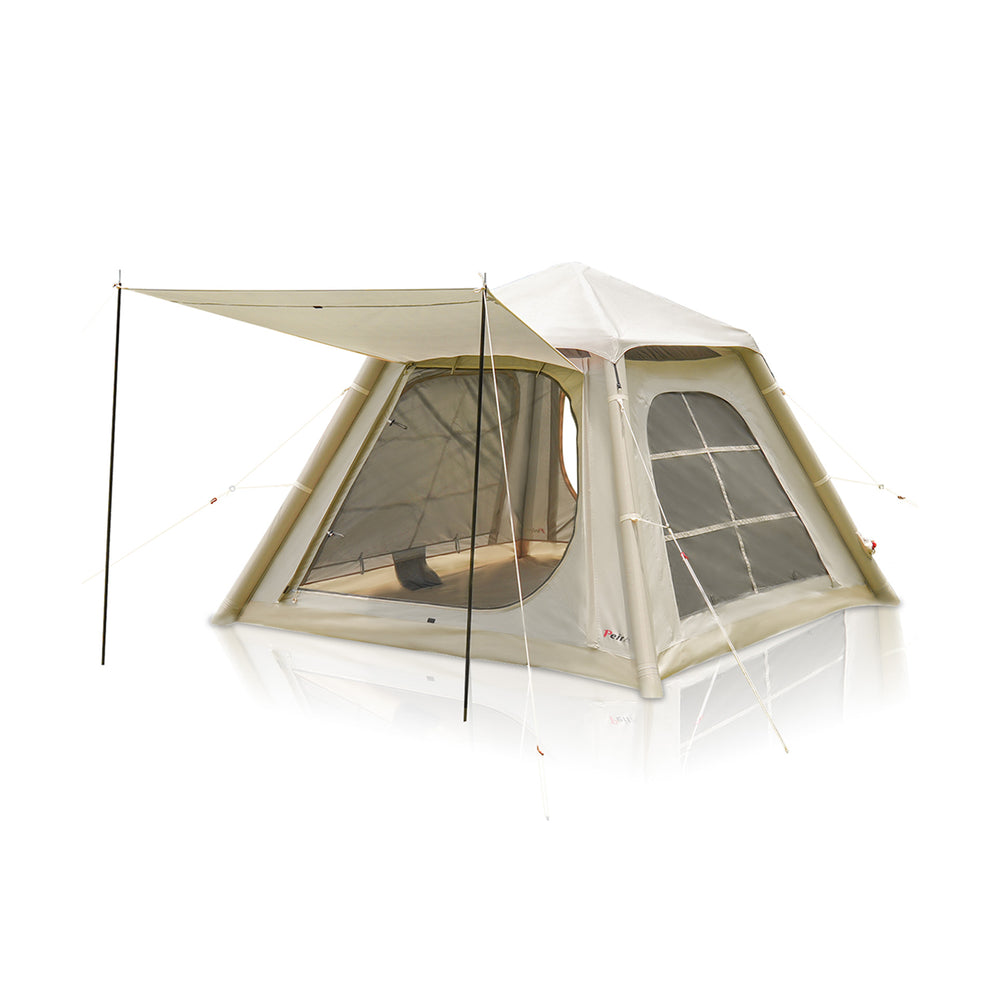
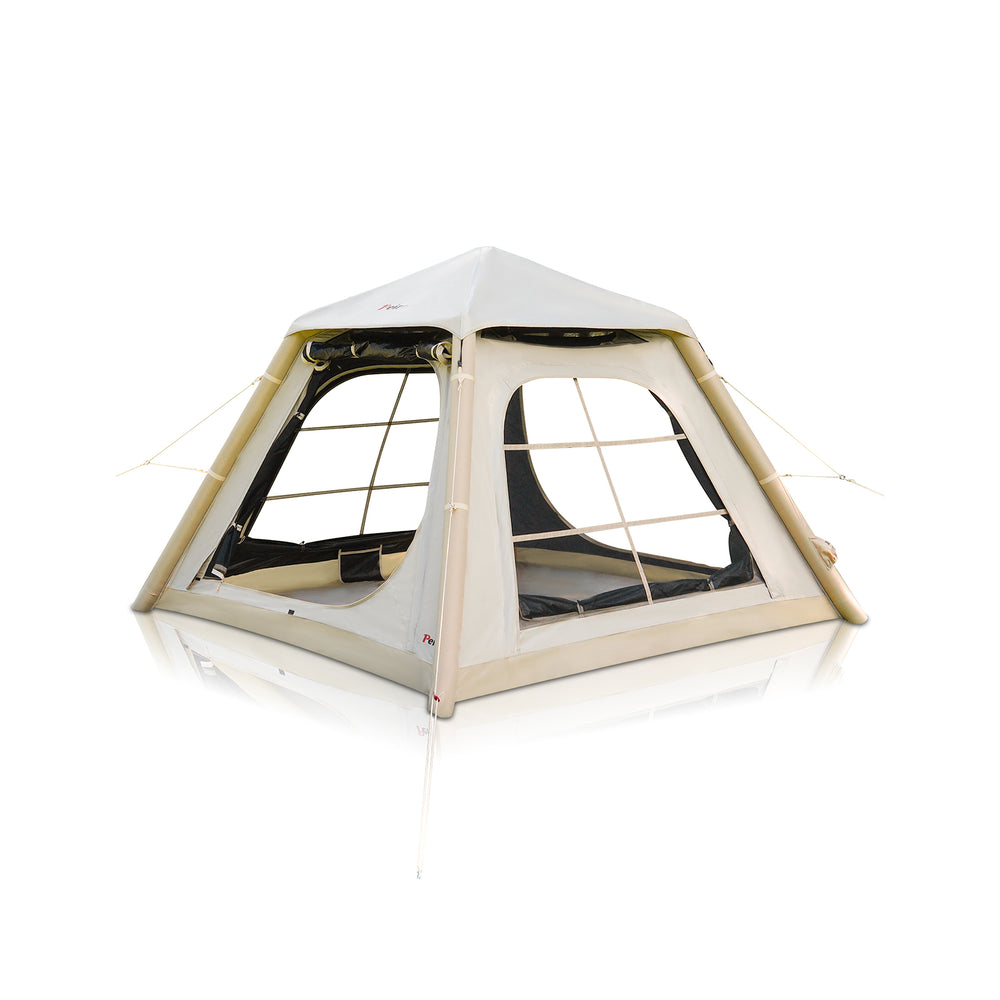
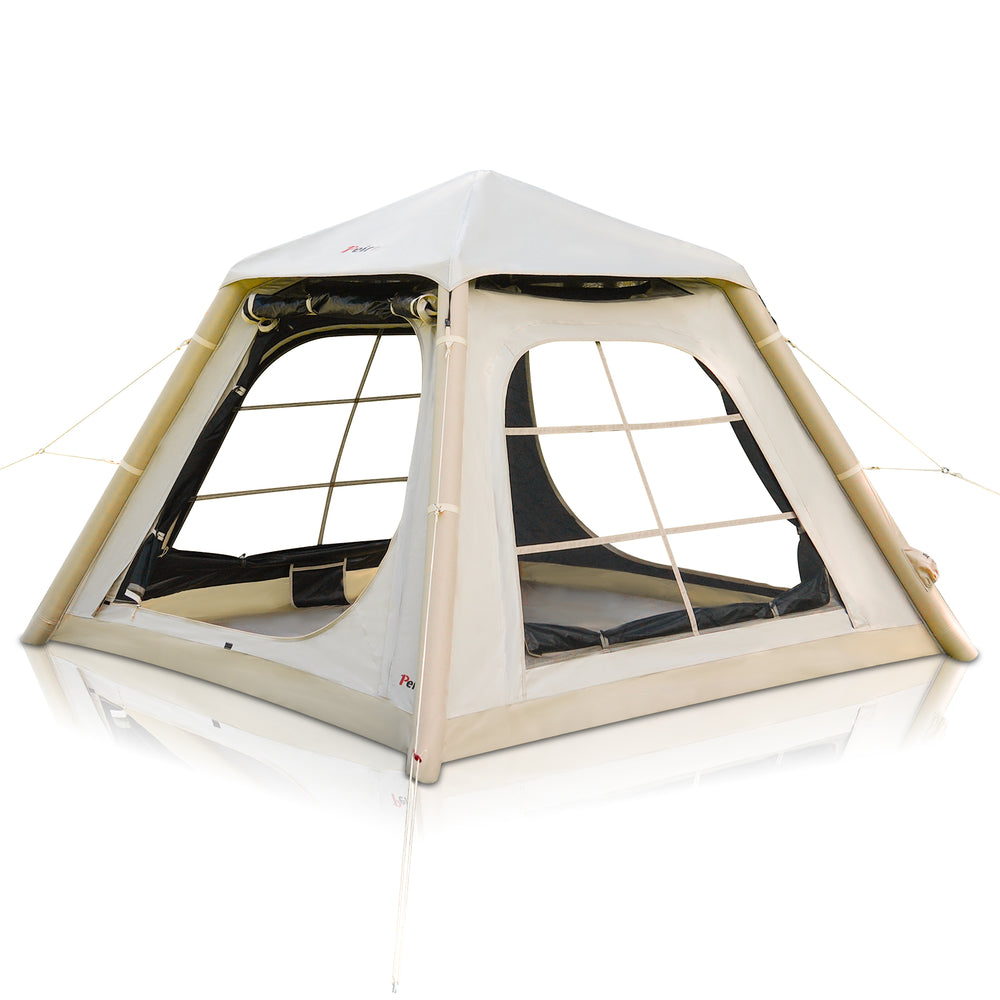
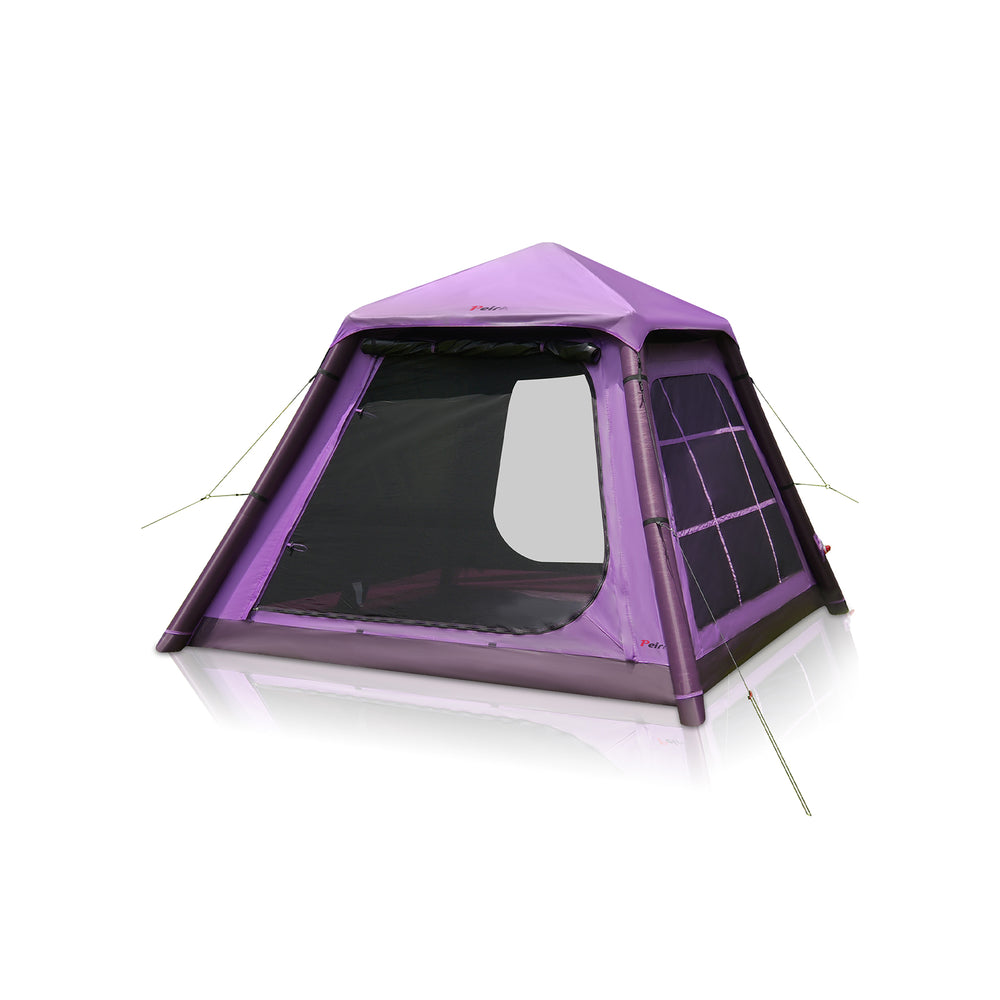


 Peirhw Inflatable House Tent - Starry Night Love
Peirhw Inflatable House Tent - Starry Night Love
 Peirhw Glamping Tents - Friendship Castle
Peirhw Glamping Tents - Friendship Castle
 Peirhw Liberty Sleep Inflatable Tent Bed for One Person
Peirhw Liberty Sleep Inflatable Tent Bed for One Person


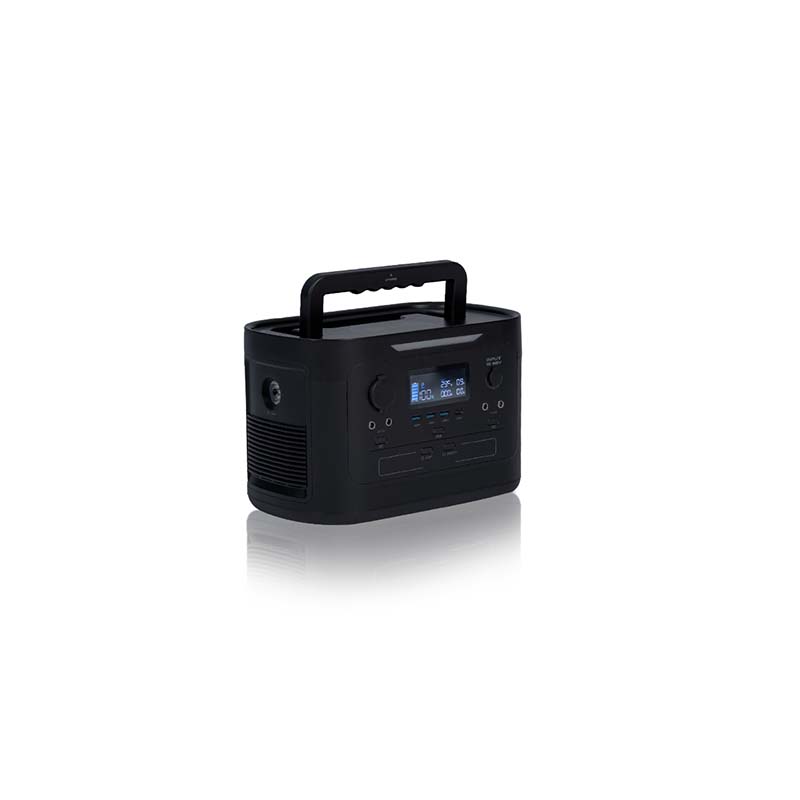
 Peirhw Portable Air Conditioner
Peirhw Portable Air Conditioner
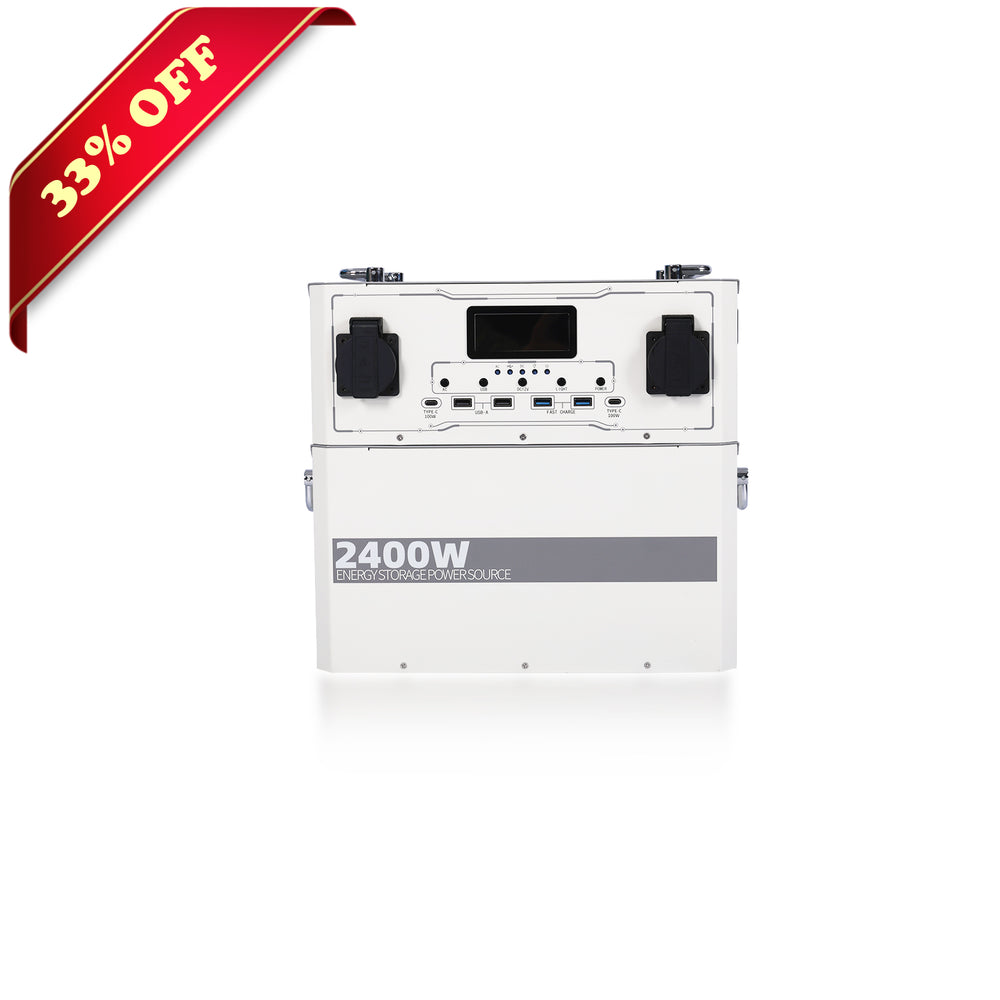 【Advance Sale】Peirhw Portable Power Station 2400W
【Advance Sale】Peirhw Portable Power Station 2400W
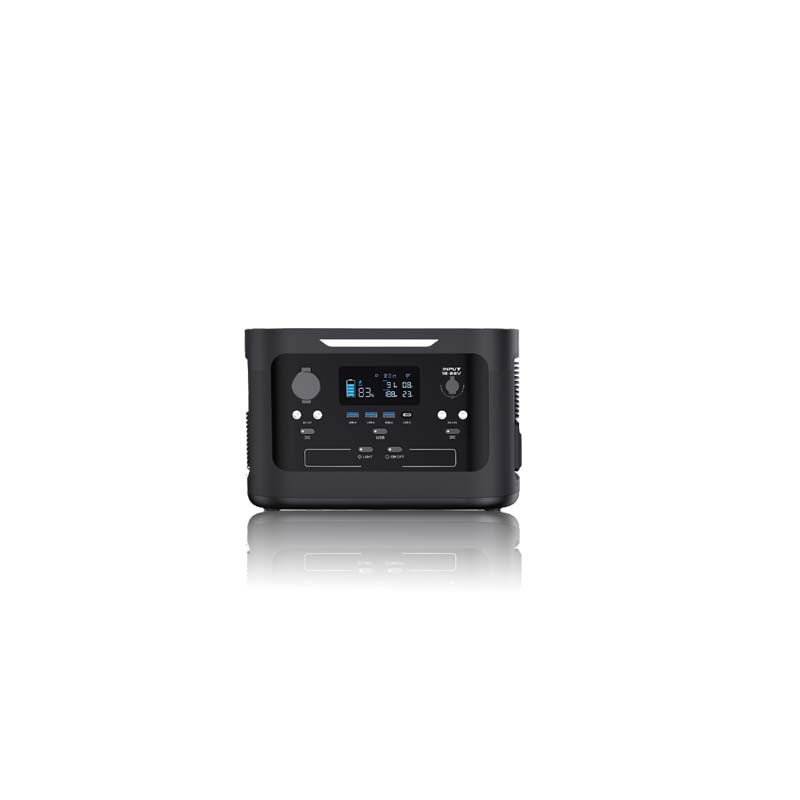 【Advance Sale】Peirhw Portable Power Station 600W
【Advance Sale】Peirhw Portable Power Station 600W

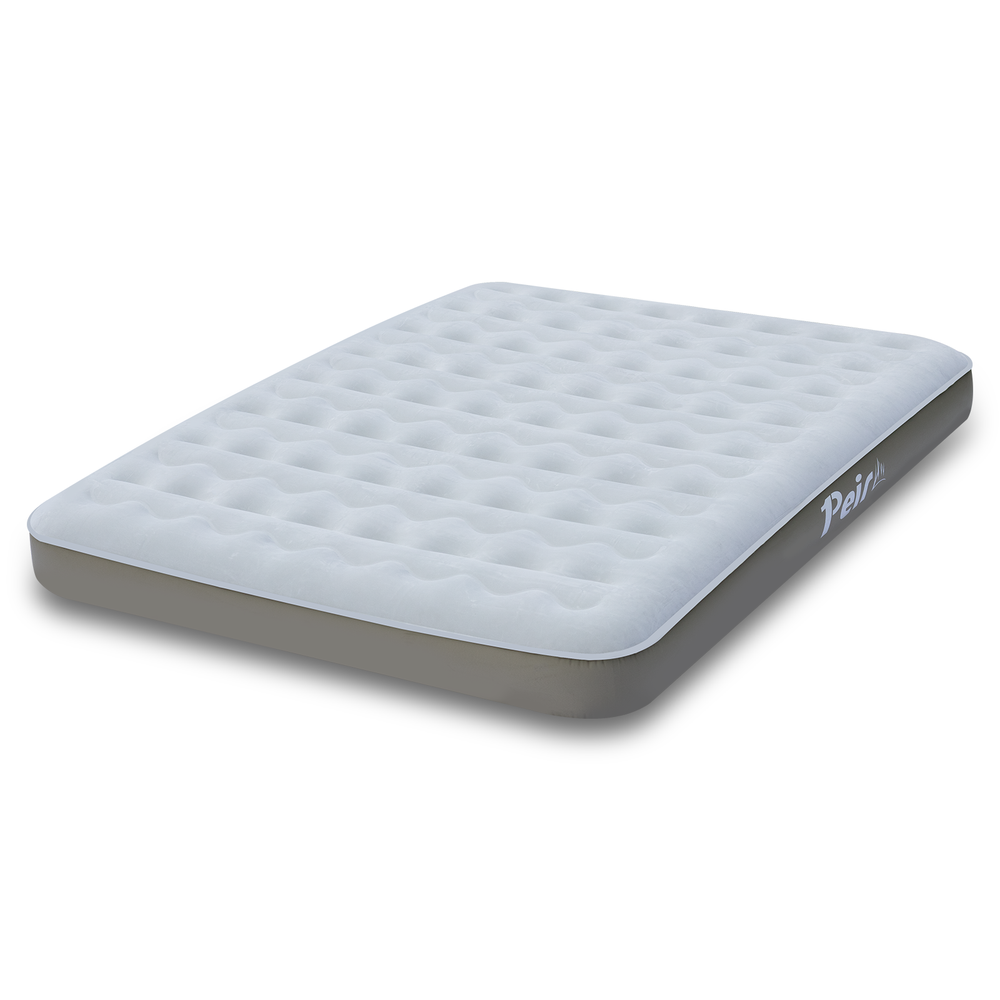



 Peirhw Self Inflating Sleeping Pad
Peirhw Self Inflating Sleeping Pad
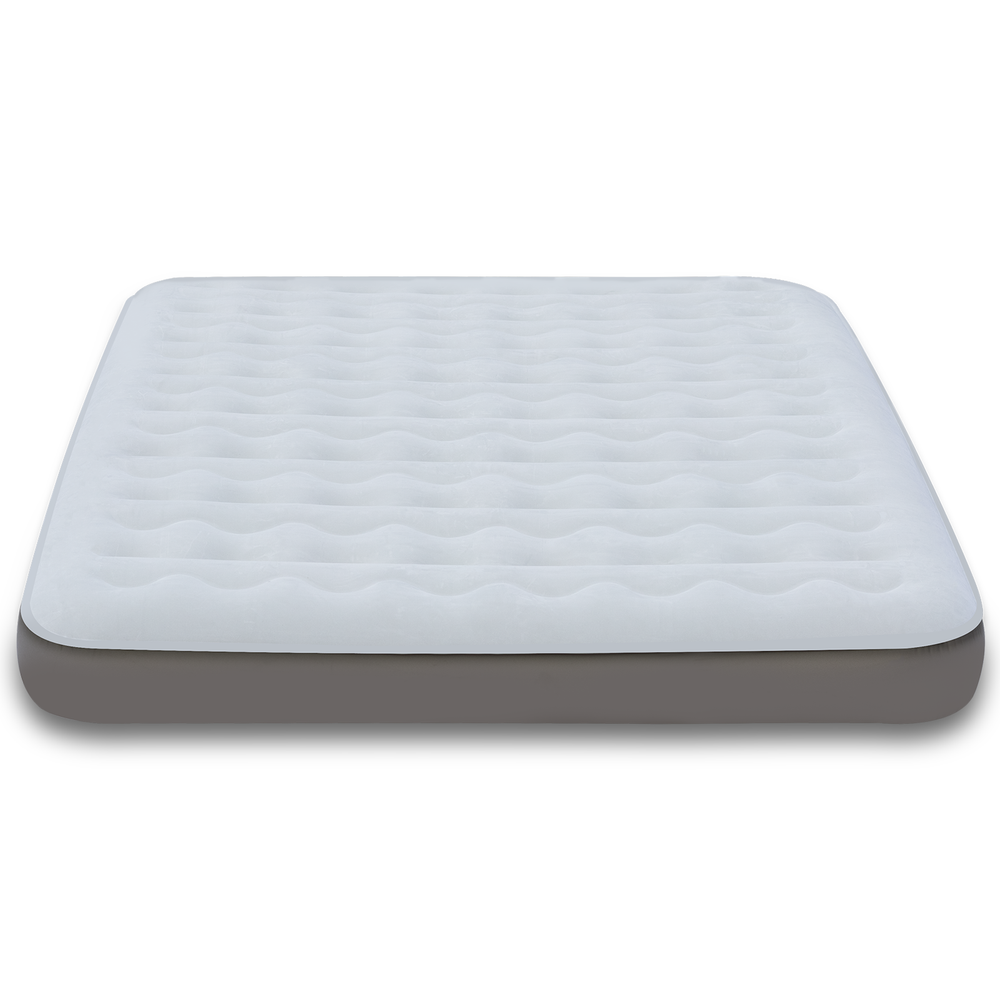 Peirhw Air Mattress (8" Queen Type)
Peirhw Air Mattress (8" Queen Type)
 Peirhw Camping Sleeping Bag
Peirhw Camping Sleeping Bag

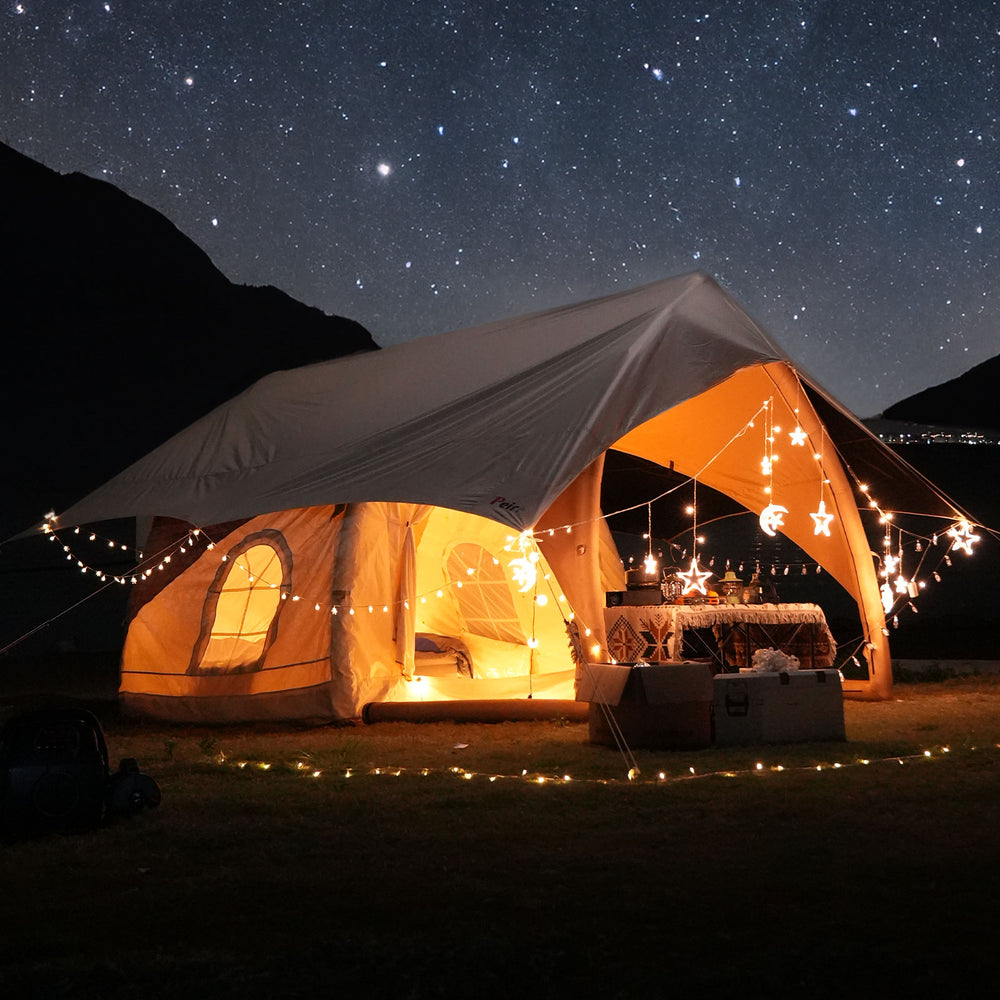
 Peirhw Butterfly-shaped Canopy for Camping
Peirhw Butterfly-shaped Canopy for Camping
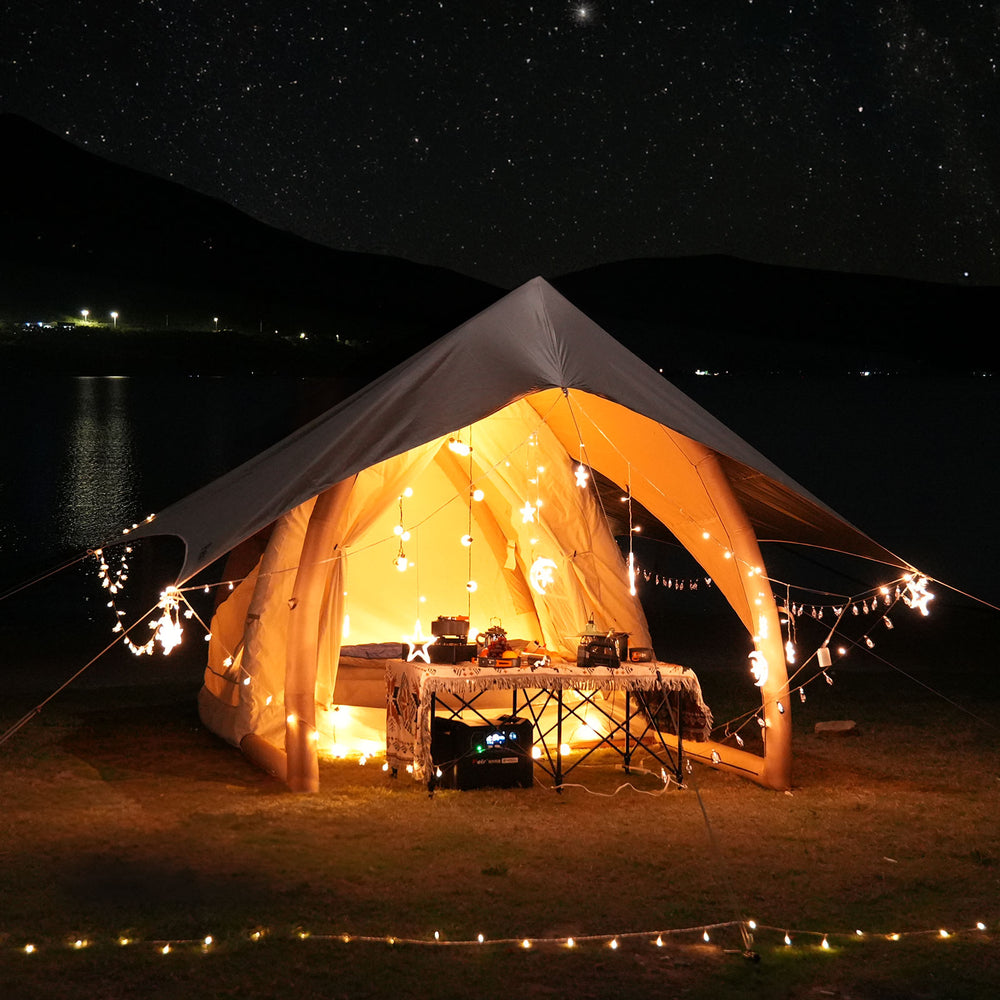 Peirhw Camping Waterproof Canopy (Cannot be Purchased Separately)
Peirhw Camping Waterproof Canopy (Cannot be Purchased Separately)

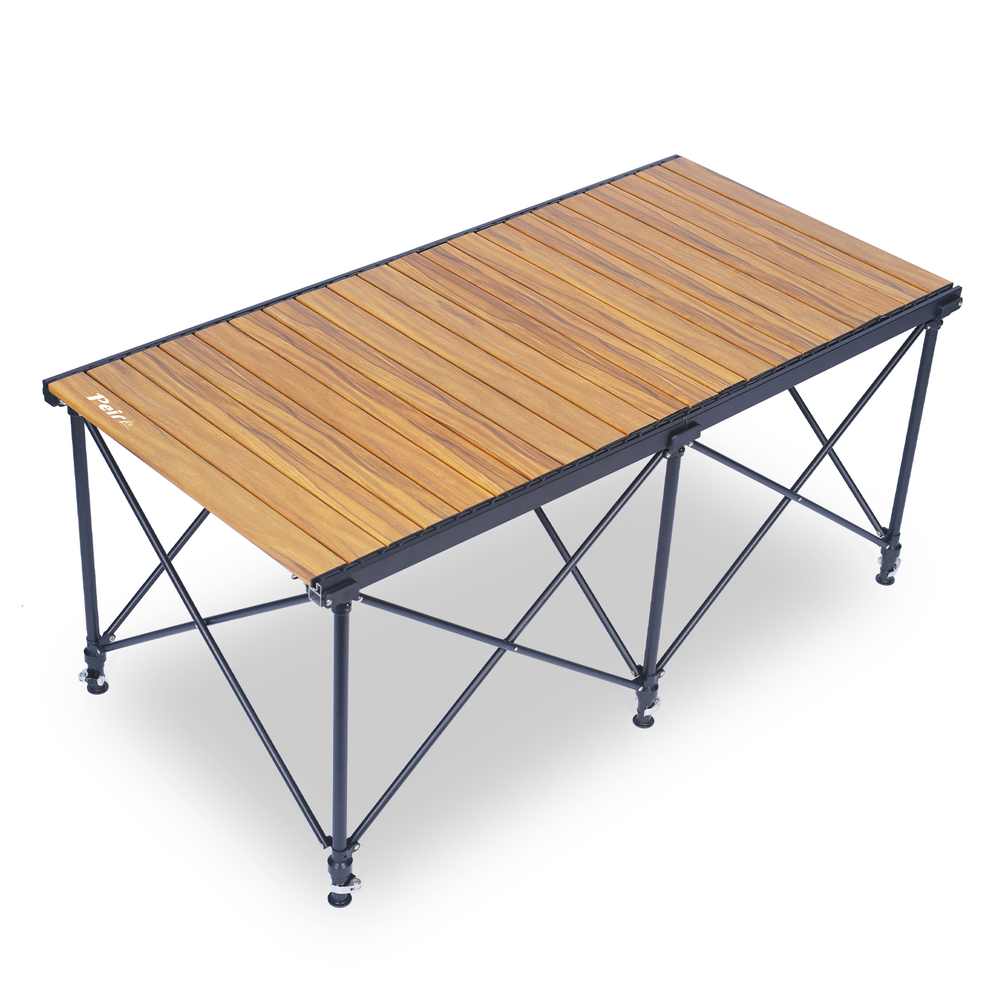
 Peirhw Outdoor Folding Chairs
Peirhw Outdoor Folding Chairs
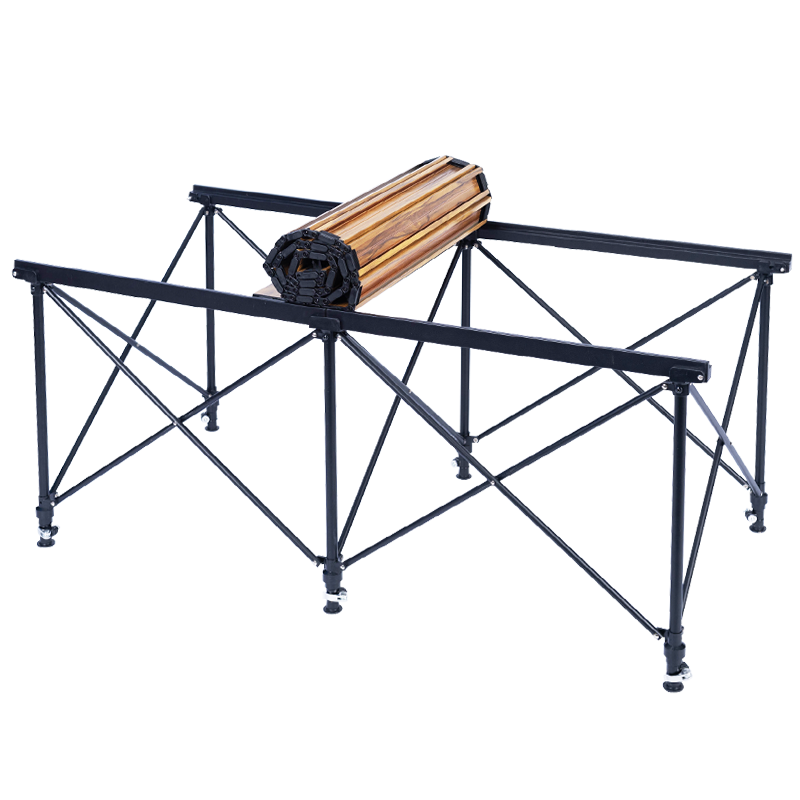 Peirhw Folding Camping Table
Peirhw Folding Camping Table





